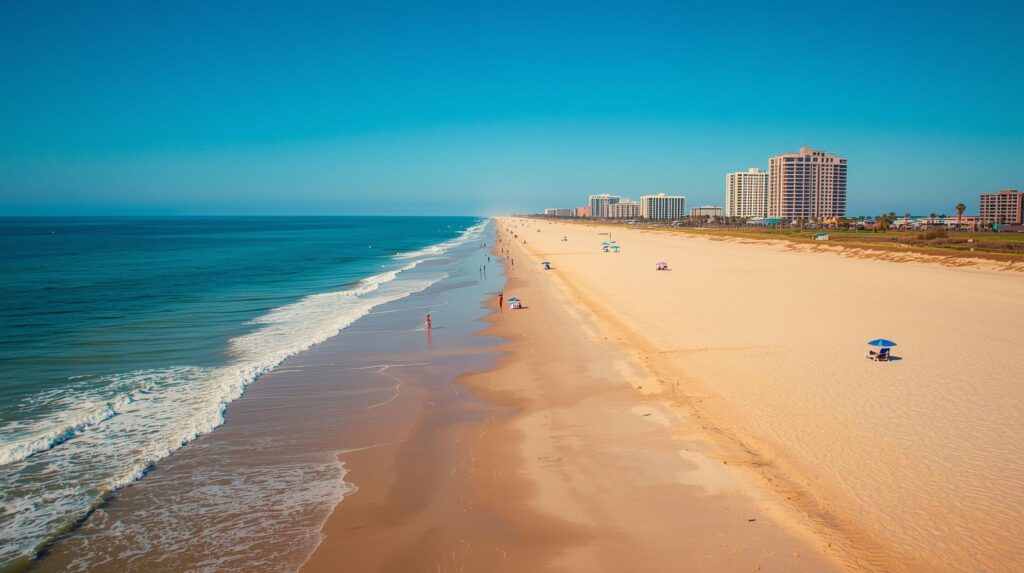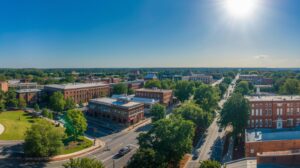Understanding the Need for Drug Rehab in Myrtle Beach
Myrtle Beach is best known for its sandy shores, vibrant tourism, and family attractions, but like many other cities across the United States, it faces challenges related to addiction. Residents and families here often find themselves searching for effective solutions when a loved one is struggling. The stress of addiction does not stop with the individual. It impacts households, communities, and even businesses that rely on the health and well-being of the people who live and work in the region. Access to effective drug rehab near Myrtle Beach has become a critical resource for people who want to break free from substance use and begin rebuilding their lives.
When someone is seeking treatment in Myrtle Beach, they often have many questions about what to expect, where to go, and how to know which program is the right fit. Addiction treatment is not one-size-fits-all. Each person carries a different set of challenges, health needs, and life experiences, all of which shape the type of care they may require. For some, inpatient care offers the right level of structure and accountability. For others, outpatient programs provide a chance to receive support while staying connected to work, school, or family life. The diversity of treatment options available near Myrtle Beach helps ensure that individuals can find a program that fits their journey.
Types of Drug Rehab Programs Near Myrtle Beach
Inpatient and Residential Treatment
Residential drug rehab programs provide individuals with an opportunity to step away from the stressors of daily life and focus entirely on recovery. In these settings, individuals live at the treatment facility for several weeks or months, depending on their needs. These programs often combine therapy, medical oversight, education, and skill-building activities. For residents of Myrtle Beach, inpatient rehab centers nearby offer a supportive space where individuals can begin the work of healing while developing healthier habits for long-term recovery.
Outpatient Treatment Options
Outpatient drug rehab near Myrtle Beach offers flexibility for people who may not be able to step away from their daily responsibilities. Outpatient care typically includes scheduled therapy sessions, group counseling, and check-ins with treatment staff. This type of program is often a good fit for those with strong support systems at home, or for individuals transitioning out of residential treatment who still need accountability and professional guidance. Outpatient treatment allows participants to practice the skills they are learning in real-world settings while still having access to consistent support.
Intensive Outpatient and Partial Hospitalization Programs
For individuals who require more structure than standard outpatient care but who do not need residential treatment, intensive outpatient programs (IOPs) and partial hospitalization programs (PHPs) offer a balanced option. These programs typically involve multiple hours of treatment several days per week and may include group therapy, one-on-one counseling, and relapse prevention training. The goal of these programs is to provide a high level of care without requiring individuals to remain on-site around the clock.
Therapy and Counseling Approaches
Drug rehab near Myrtle Beach often includes evidence-based therapies designed to address the emotional, behavioral, and psychological aspects of addiction. Cognitive behavioral therapy (CBT) is a common approach, helping individuals recognize negative thought patterns and replace them with healthier ways of thinking. Dialectical behavior therapy (DBT) may also be used, particularly for those who struggle with emotional regulation. Family therapy plays an important role as well, giving loved ones a space to communicate openly, rebuild trust, and develop strategies for supporting recovery. These therapeutic approaches work together to help individuals develop resilience, coping mechanisms, and confidence in their ability to move forward.
Holistic Support in Recovery
Many drug rehab centers near Myrtle Beach now incorporate holistic approaches into their treatment programs. These services focus on treating the whole person, not just the addiction. Activities such as yoga, mindfulness meditation, nutritional counseling, and art therapy help individuals reconnect with themselves in healthy ways. Holistic care encourages balance, stress management, and overall wellness, which are all essential in sustaining recovery long after treatment ends. By combining traditional evidence-based therapies with holistic practices, rehab programs provide individuals with a wider range of tools to support long-term healing.
Aftercare and Long-Term Support
Recovery does not end the day treatment is completed. Aftercare programs near Myrtle Beach help individuals stay connected and supported as they transition back into daily life. These services may include ongoing therapy, alumni programs, relapse prevention planning, and support group meetings. Aftercare ensures that individuals have resources in place to manage challenges that may arise in early recovery. With the right support network, many people find that they can maintain their progress and continue building a fulfilling life.
Choosing the Right Drug Rehab Near Myrtle Beach
When searching for the right rehab program, it is important to consider factors such as accreditation, staff qualifications, treatment approaches, and the availability of individualized care. Some programs also specialize in dual diagnosis treatment, addressing both addiction and co-occurring mental health disorders at the same time. For families in Myrtle Beach, knowing that a treatment center can provide comprehensive care brings peace of mind. The process of choosing a program may feel overwhelming at first, but understanding these factors can make the decision more manageable.
Ultimately, drug rehab near Myrtle Beach offers more than just treatment. It provides hope, guidance, and the opportunity to build a life of health and stability. By taking the first step toward treatment, individuals and families in the Myrtle Beach area can begin moving toward a future defined not by addiction, but by resilience and recovery.



